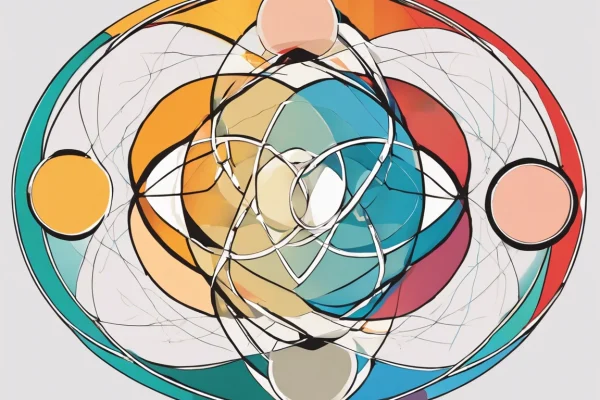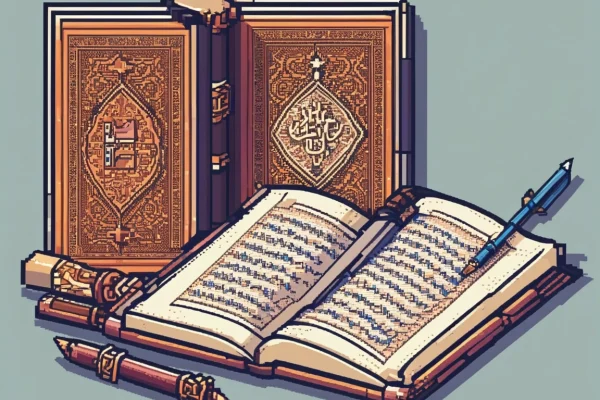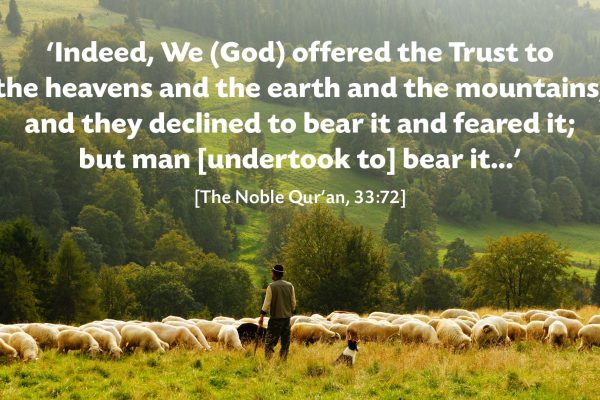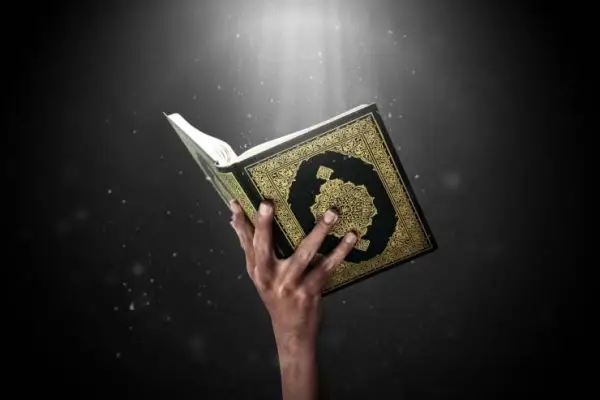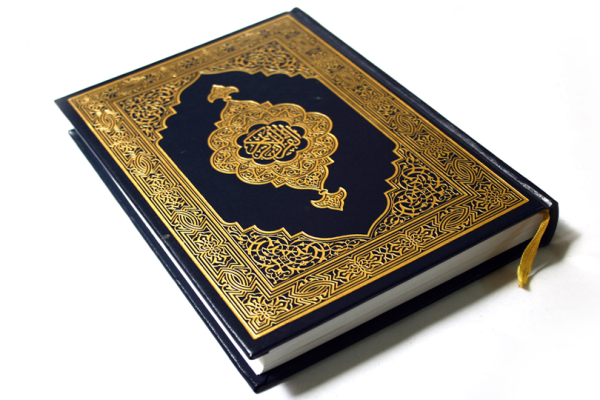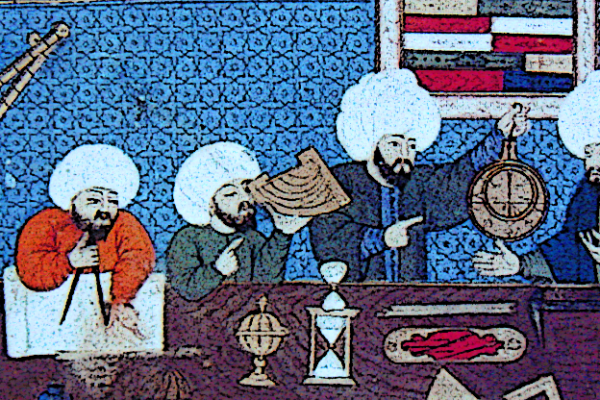
Quantum Physics and the Quran: Unveiling the Concept of Subatomic Particles in Ancient Wisdom
Exploring the Quranic perspective on the minutest details of creation reveals fascinating parallels with modern quantum physics. This article delves into Quranic verses that evoke a sense of wonder about subatomic particles, aligning with contemporary scientific discoveries in wave-particle duality, quantum entanglement, and the limits of human knowledge. By examining these connections, we uncover a profound alignment between ancient wisdom and modern science, enriching our understanding of both.








